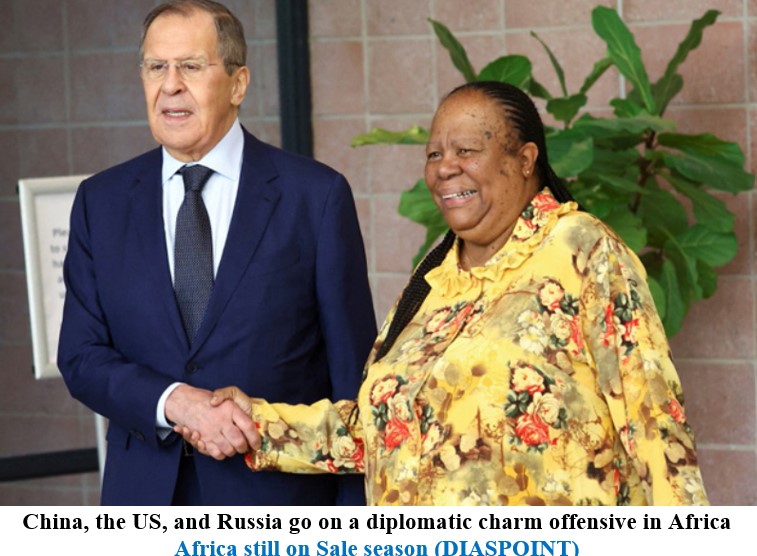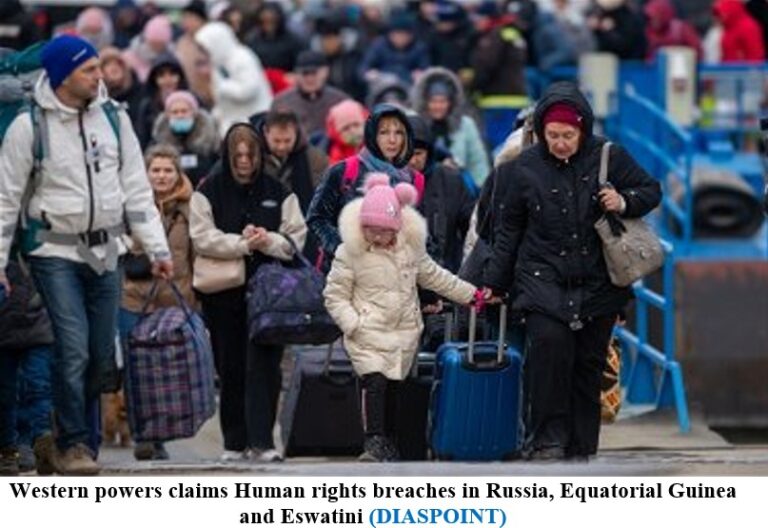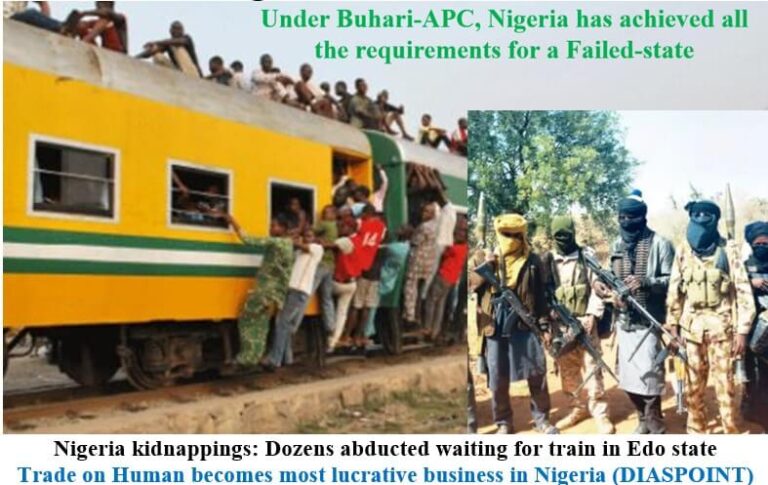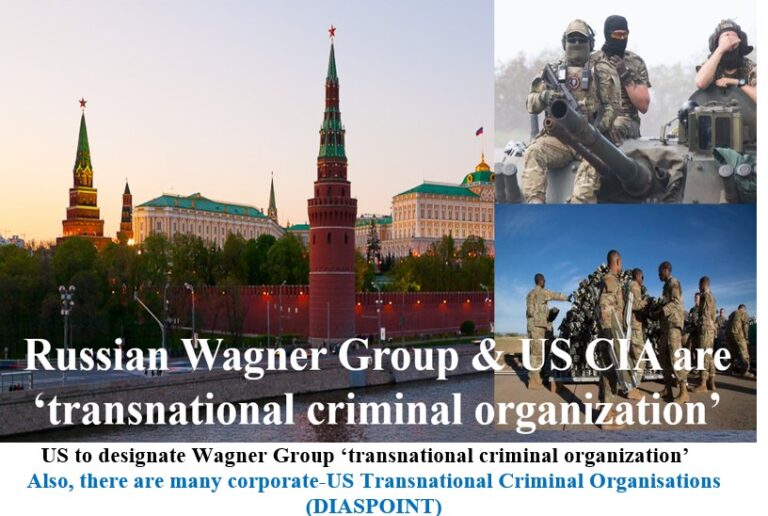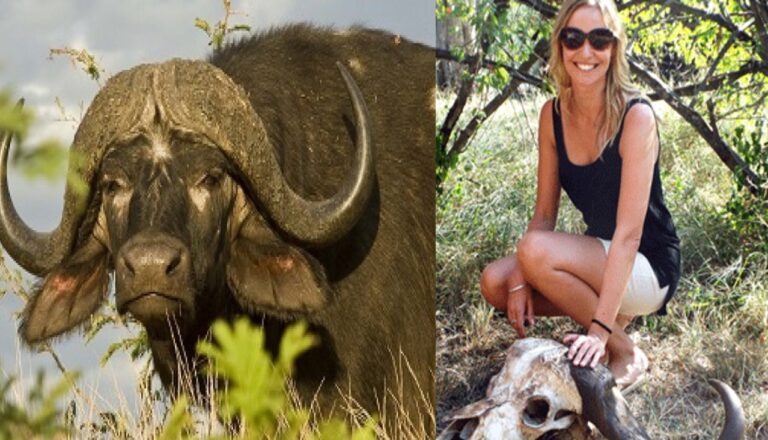China, the US, and Russia go on a diplomatic charm offensive in Africa
Major powers are going on a diplomatic charm offensive on Africa with three high-profile visits in quick succession to the continent. First came the visit of China’s new foreign minister Qin Gang who carried a 33-year-old tradition by making Africa the first official visit of the new year. The five-nation sojourn to Ethiopia, Gabon, Benin, Angola, and Egypt served as an opportunity for the new foreign minister to familiarise himself with the continent at a time when Chinese lending to Africa is down and great power competition is up. Beijing’s new foreign policy team is scrambling to drive home the point that China does not view Africa as an arena for major-power rivalry, but as a “big stage for international cooperation.” This echoes the US President Biden administration’s attempts to downplay perceptions of Africa as an arena for rivalry or any form of zero-sum competition.
The US is also trying to sustain the momentum following the US-Africa Leaders Summit held last month in Washington D.C. during which the Biden-Harris administration declared its intention to invest US$55 billion over the next three years. Two high-profile cabinet secretaries—Treasury Secretary Janet Yellen and US Ambassador to the United Nations Linda Thomas-Greenfield—are touring the continent with the aim of positioning the US as Africa’s true development partner in the long run rather than China. The US’ attempts to woo African countries and reassert Washington’s commitment rest upon improving economic development, deepening trade and investment, and upholding accountable institutions. The diplomatic offensive is, indeed, supercharged and marks President Biden’s resolve to follow through on his declaration at the US-Africa Leaders Summit that he “is all in on Africa and all in with Africa.”
The US’ attempts to woo African countries and reassert Washington’s commitment rest upon improving economic development, deepening trade and investment, and upholding accountable institutions.
Russia also wants to play the game and not get left behind. Foreign Minister Sergei Lavrov visited South Africa, Angola, and Eswatini this week as it seeks to cultivate closer ties with African countries and highlight Moscow’s clout in the security and energy sector. However, it does not change the fact that Russia’s global image has taken a beating following the invasion of Ukraine. Although the United Nations’ vote on the Russian invasion of Ukraine did expose Africa’s divergent voting patterns, their official position continues to stress neutrality and managing the growing US-China competition.
Against this backdrop, let us have a look.at how are these visits and developments being viewed by African leaders and countries.
China-Africa
There is hardly any lull period in China-Africa relations as new developments continue to unfurl almost every month. The beginning of 2023 is no different with new foreign minister Qin Gang’s visit showcasing the value and importance that Beijing attaches to its friendship with Africa. The visit took place on the heels of a few crucial developments—the successful conclusion of the 20th National Congress of the Communist Party of China (CPC) in October 2022; China’s re-opening of borders after three years of international isolation marked by its ‘Zero-COVID’ policy; and finally following the eighth edition of the Forum on China-Africa Cooperation held in Dakar, Senegal in November during which the Dakar Action Plan (2022-2024) was adopted. Interestingly, this is a period when speculations are rife about a possible reduction in Chinese lending for big-ticket infrastructure projects in the continent. The economic fallout of the pandemic and the Russia-Ukrainian war has undermined the ability of African nations to service their sovereign debt. Beijing is, indeed, struggling to recoup its money while maintaining its image as a champion of developing nations. Read more from original source

